16 Tiny Acts From Strangers That Left Permanent Marks on People

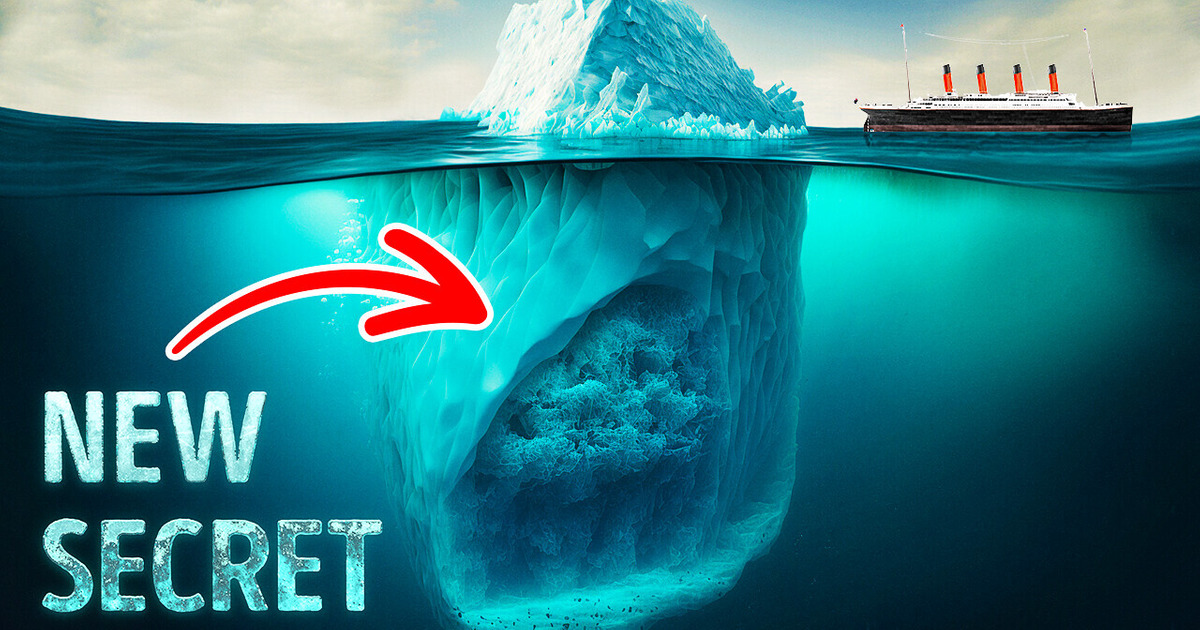
A beam of electric light pierces the darkness over the calm waters of the Atlantic Ocean. The Titanic is quietly making its way through the waves, its passengers asleep, when suddenly, a monstrous white shape is caught in the light beam. The fateful iceberg is about to rend the side of the legendary ship. April 14, 1912.
Only two days before someone will take a photo of a giant iceberg with a pretty unusual elliptical shape. It turns out that this iceberg most likely formed out of snow that fell 100,000 years ago! Researchers used computer modeling to figure out its origin.
They used data from 1912 and added some new information about winds and ocean currents. They concluded that the iceberg was probably a part of a small cluster of glaciers in Southwest Greenland.
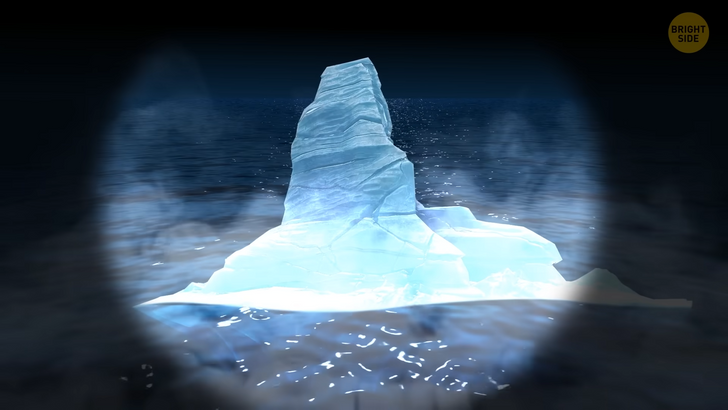
These days, it’s possible to calculate the routes of such icebergs in any given year in the past. So, the infamous chunk of ice was on its way from Greenland to an area further south from Cornwall. If the ship had passed through that region only two days later, the iceberg would have moved far away from the point where they met.
At first, the weight of the most well-known iceberg in the world was 75 million tons. With time, it started to slowly melt away. And when it sank the Titanic, its weight was only 1.5 million tons. By the time of the collision, it’d probably been melting for months. But it was still a true monster — when the Titanic sank, the iceberg was 400 feet long. And more than 100 feet of its surface was above the water.
Some people believe it was a ’supermoon’ that caused the Titanic to sink. That night, there was a rare lunar event — it hadn’t happened for 1,400 years. In normal conditions, the iceberg wouldn’t have traveled so far south without melting and losing the largest part of its mass.
But the supermoon could have been the reason for an unusually high tide that pulled the iceberg away from the glacier way faster than usual. There’s a specific type of bacteria [Halomonas titanicae] that slowly consumes the remains of the Titanic.
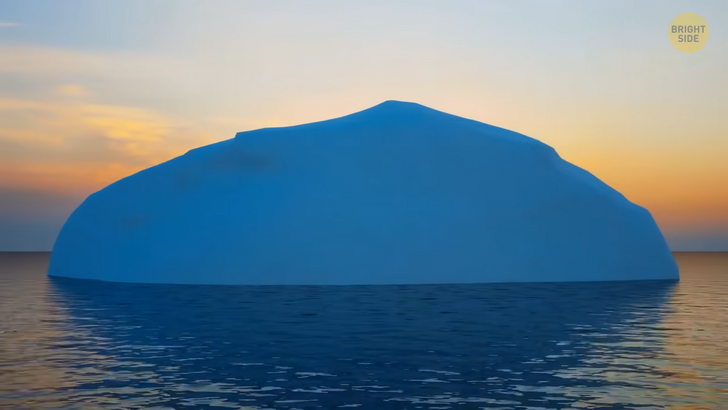
Salt corrosion, ocean currents, freezing temperatures, plus this rust-eating microorganism might consume the entire wreckage! American actress Dorothy Gibson was aboard the Titanic. She survived, and when she arrived in New York City, she started filming a movie called “Saved From the Titanic” almost right away.
The movie was released only a month after the Titanic sank. And in the movie, she even wore the same shoes and clothes she had during the actual disaster. The movie was a big success at that time, but the only known copy was destroyed in a fire.
14 years before the Titanic sank, a novella called “Futility” had been published. And it seemed to have predicted the whole event! The plot centered around a fictional ship called the Titan that sank during its voyage. The Titan was almost the same size as the Titanic, and they both went to the bottom in April. And the reason was hitting an iceberg, too!
Both the real and fictional ships were described as unsinkable. And both of them had the legally required number of lifeboats, which, as it turned out later, were nowhere near enough. We’ve seen it in the movie, but there were some real-life love stories happening on the Titanic, too. 13 couples even took a trip on the Titanic as part of their honeymoon.
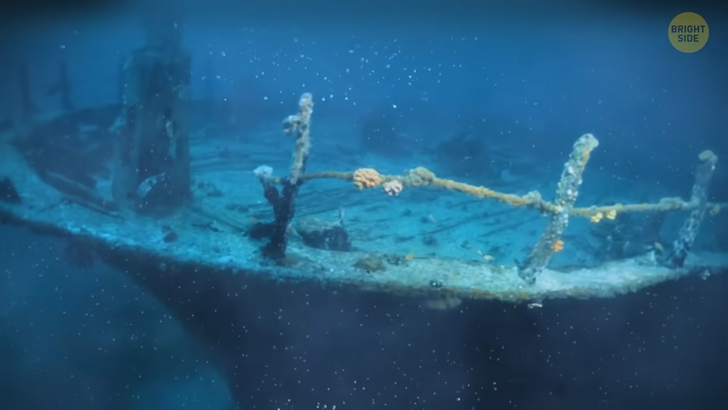
One of the couples owned Macy’s department store in New York. Once it became clear the Titanic was rapidly sinking, the woman refused to go into a lifeboat without her husband. But he didn’t want to join her while there were still women and children who he thought had to go first. Then his wife gave her coat to her maid. She insisted that the maid should get into the lifeboat, and she wanted her to be warm. As for the woman herself, she decided to stay with her husband till the end.
Some people believe the Titanic sank because of a mummy, not an iceberg. It all started around 1,000 BCE with a mysterious woman who lived in Egypt, in the city of thieves. People knew little about her, but they called her a priestess. Her mummy was put in a wooden sarcophagus and covered with a large lid with the image of her face and some mystical inscriptions.
This place had been hidden until the first half of the 19th century when a group of locals accidentally came across it. They disturbed her peace. No one knows how, but the mummy disappeared that day without a trace.
A couple of decades later, a group of rich friends from England traveled to Egypt and found the empty mummy casket with the image of the priestess, whose dark eyes seemed to be looking into the void. They decided to buy it. But the buyer disappeared the same night before he even got the case. All members of the group had some accidents. The casket changed its location a couple of times — until it, as some believe, ended up on the Titanic.
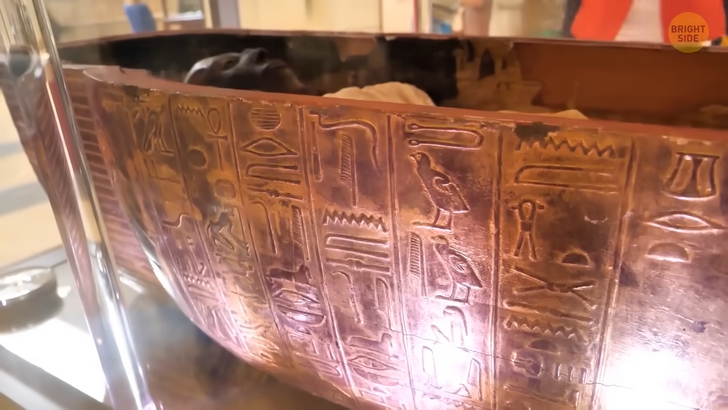
It took more than 70 years for a robot submarine to find the ruins of this legendary ship. The wreck lies nearly 13,000 feet under the surface of the Atlantic Ocean, split into two halves. Why did the liner break apart? No one knows exactly. Some think it happened because of the water that got inside when the ship collided with the iceberg. The pressure was so powerful it separated two parts of the vessel, starting with the ship’s bottom structure.
Others say it was because of the hull rivets. They had a high concentration of slag — or smelting residue. And that’s something that can cause the metal to split apart. The ship generally had many flaws, starting with the design. The water-tight bulkheads weren’t completely sealed on top. This allowed the water to flow between the compartments and, in the end, sink the vessel.
The iron of the ship’s rivets and steel of the hull ended up ruined because of high sulfur content, cold temperatures, and high speeds. The steel shattered, and the rivets popped out quite easily. Because of this, the Titanic sank 24 times faster than it would have otherwise. If the ship had hit the iceberg head-on instead of ramming it with its side, it would have probably stayed afloat.
How come the crew members didn’t have binoculars? It would have surely helped them to spot the iceberg on time and maybe even avoid the disaster. But the binoculars on the Titanic were locked in a storage compartment. Only one crew member had the key. And he had been transferred off the ship right before it set sail. He later said he “hadn’t remembered” to hand over the key. But even without the binoculars, the ship might have had some time to change course and avoid the collision if the crew had gotten some warning. But that’s the thing — someone DID warn them.
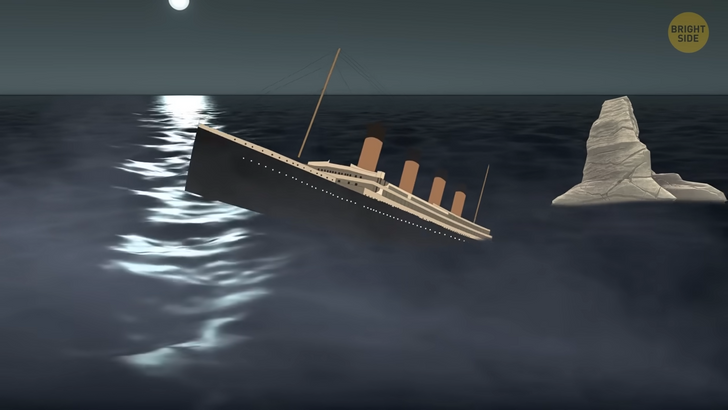
About an hour before the incident, a ship that was relatively close to the Titanic, the S.S. Californian, sent a message to inform them it had stopped because of “dense field ice.” But the warning never got to the Titanic’s captain.
Some experts say it was because the radio operator didn’t think it was that urgent. And later, the S.S. Californian said they didn’t get a call for help from the Titanic because their radio operator was off duty.

Some say the crew on the Titanic couldn’t spot the iceberg on time because of an optical illusion. Atmospheric conditions that night probably caused super refraction, which could have camouflaged the berg. After all, no one actually saw the iceberg until it was too close to the ship to somehow avoid the crash.
Not even a whole minute passed between the moment they saw the iceberg and the collision. It was only 37 seconds. And it took the Titanic 2 hours and 40 minutes to disappear below the ocean’s waves.











